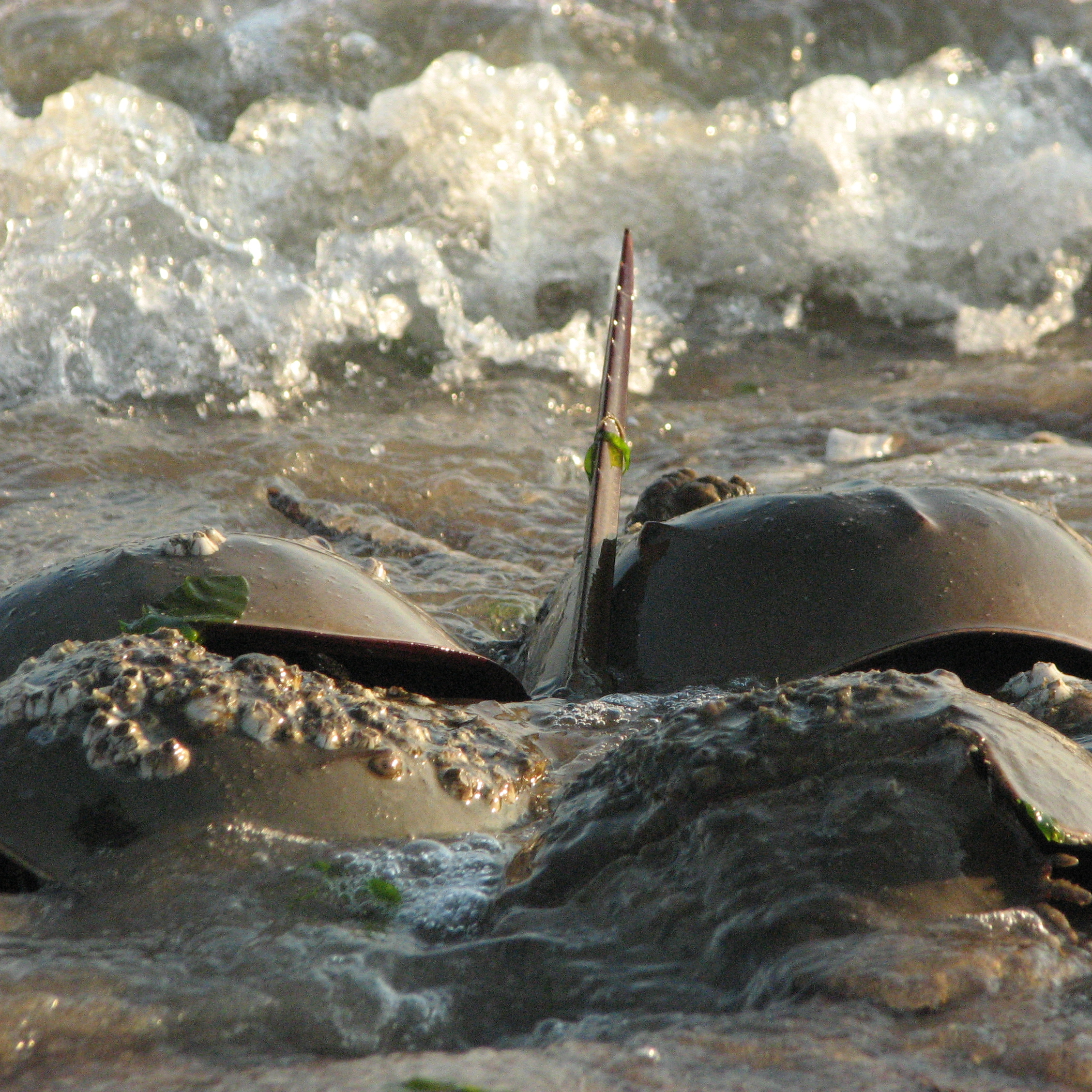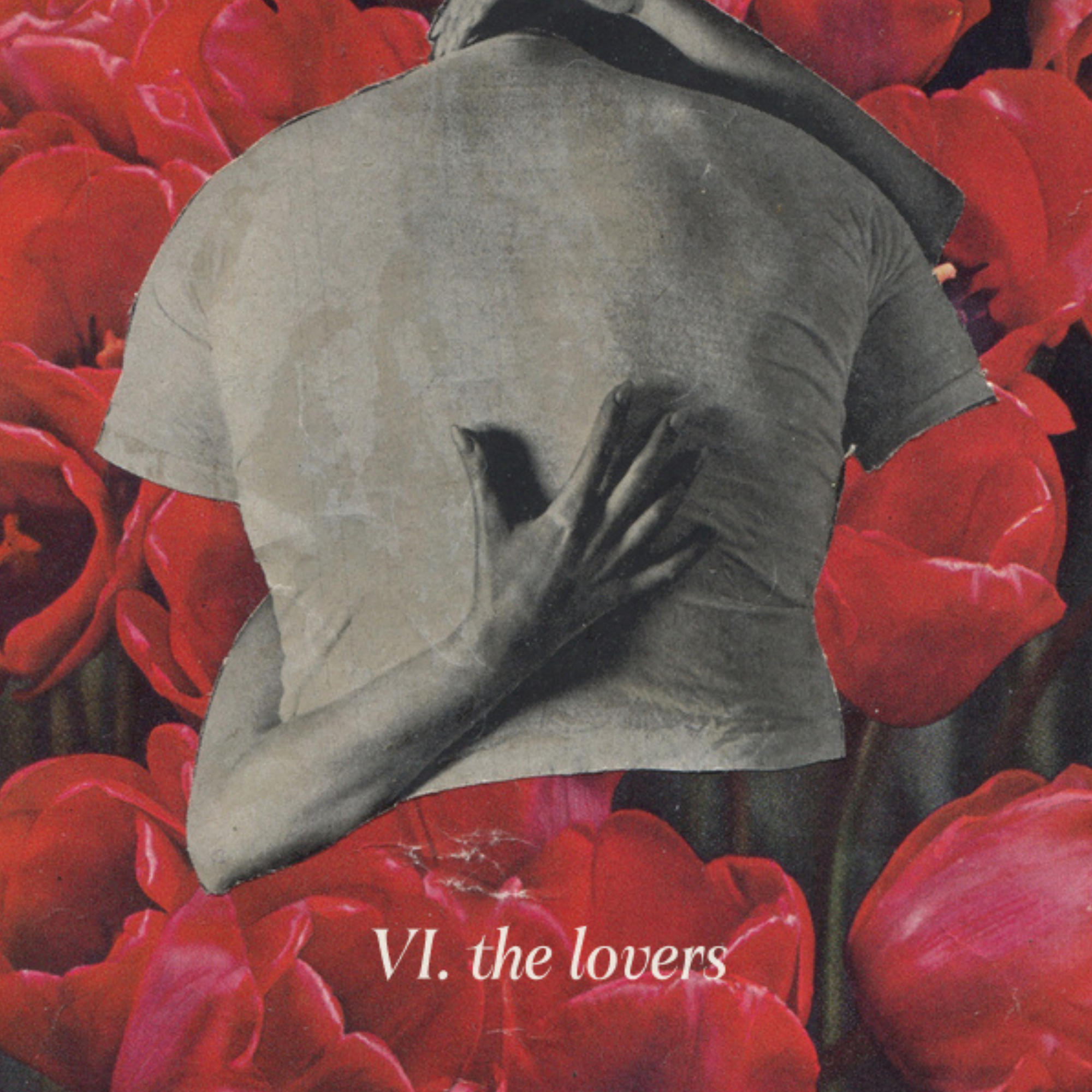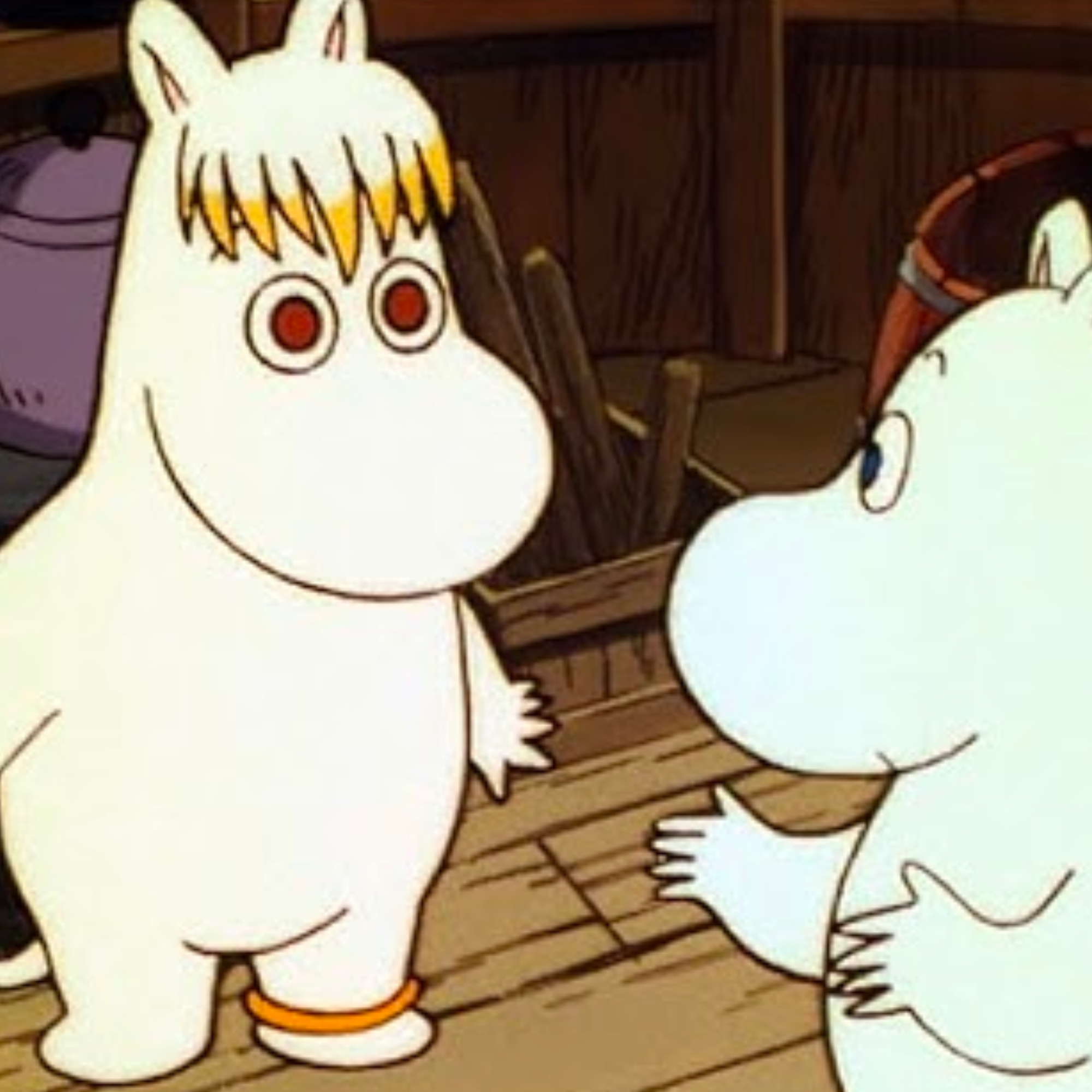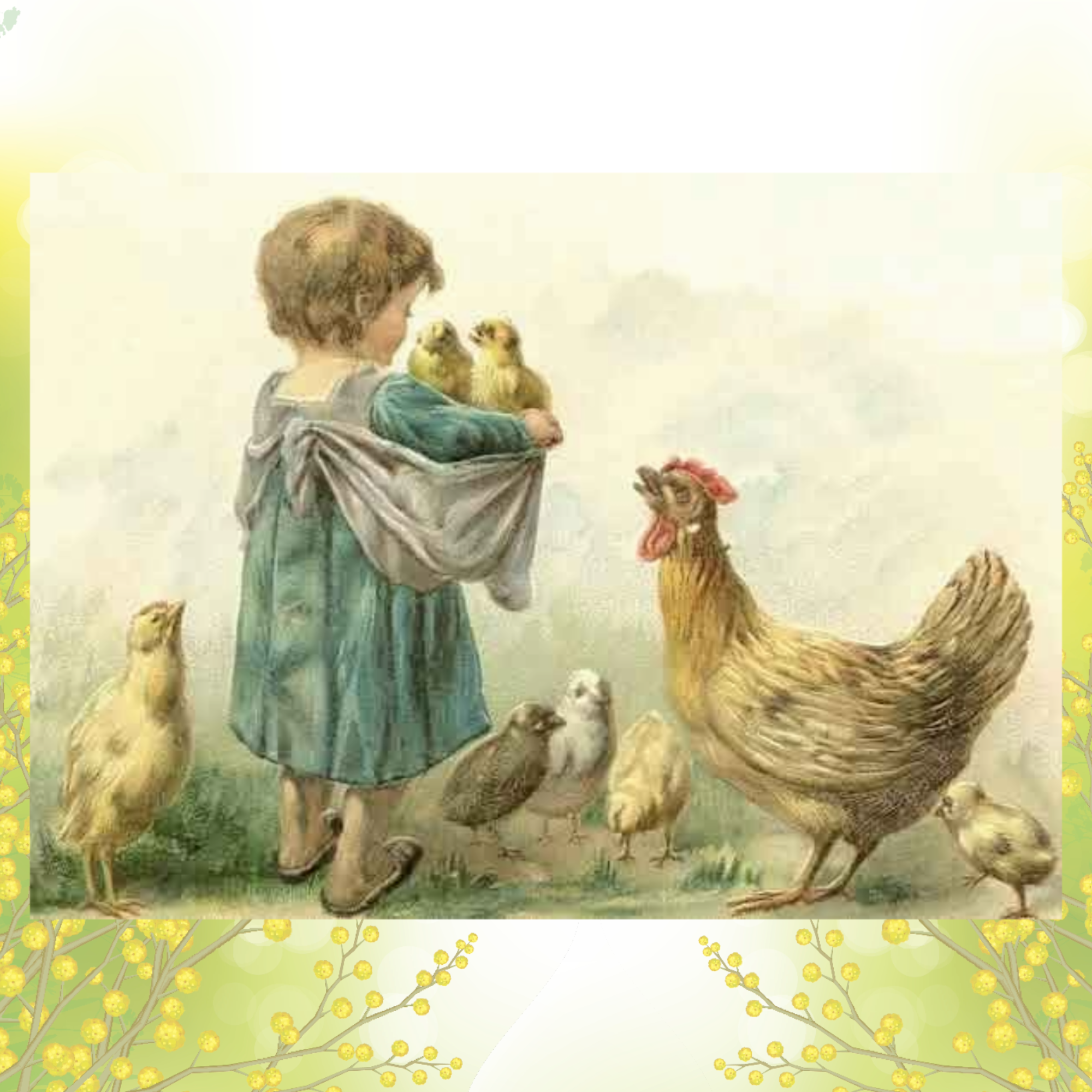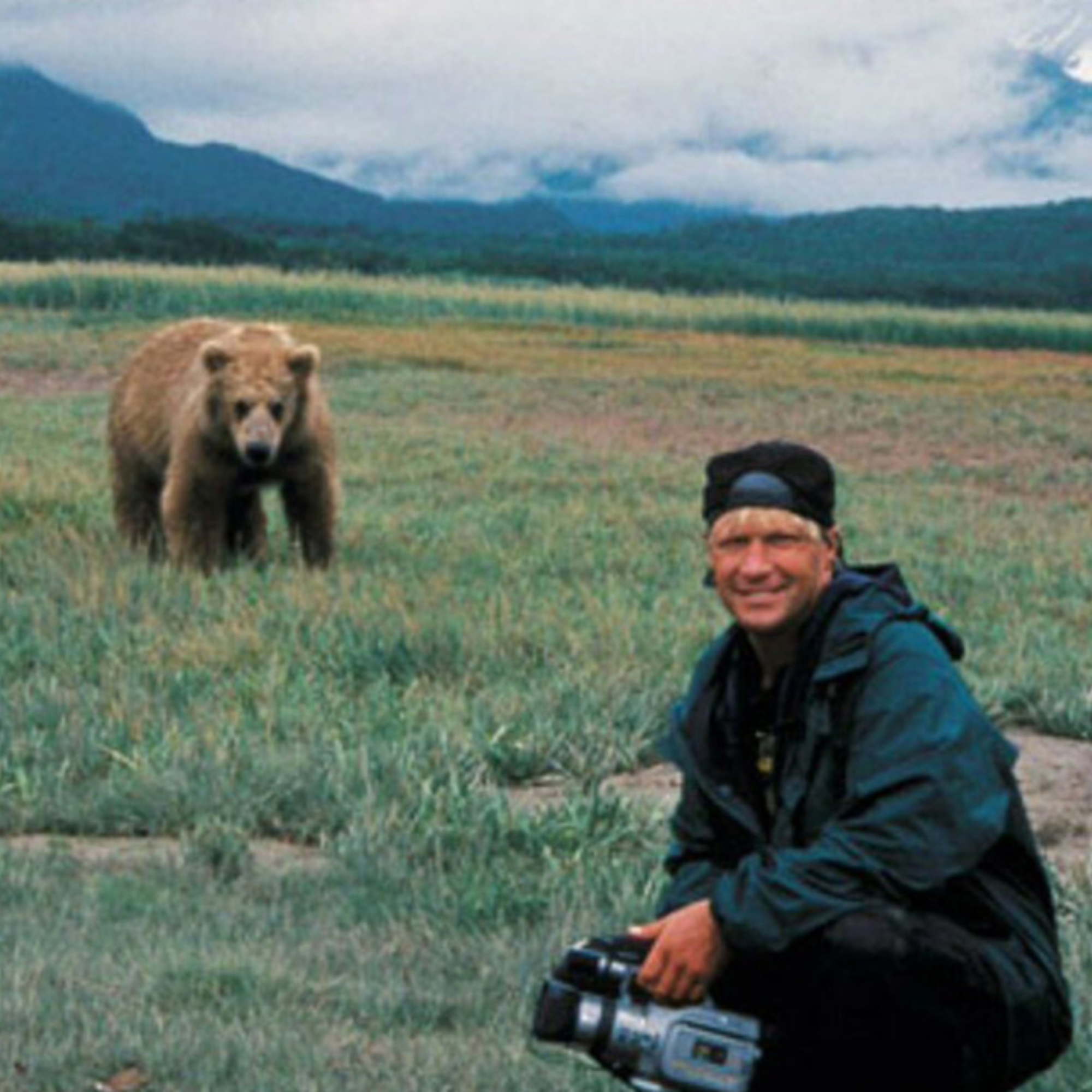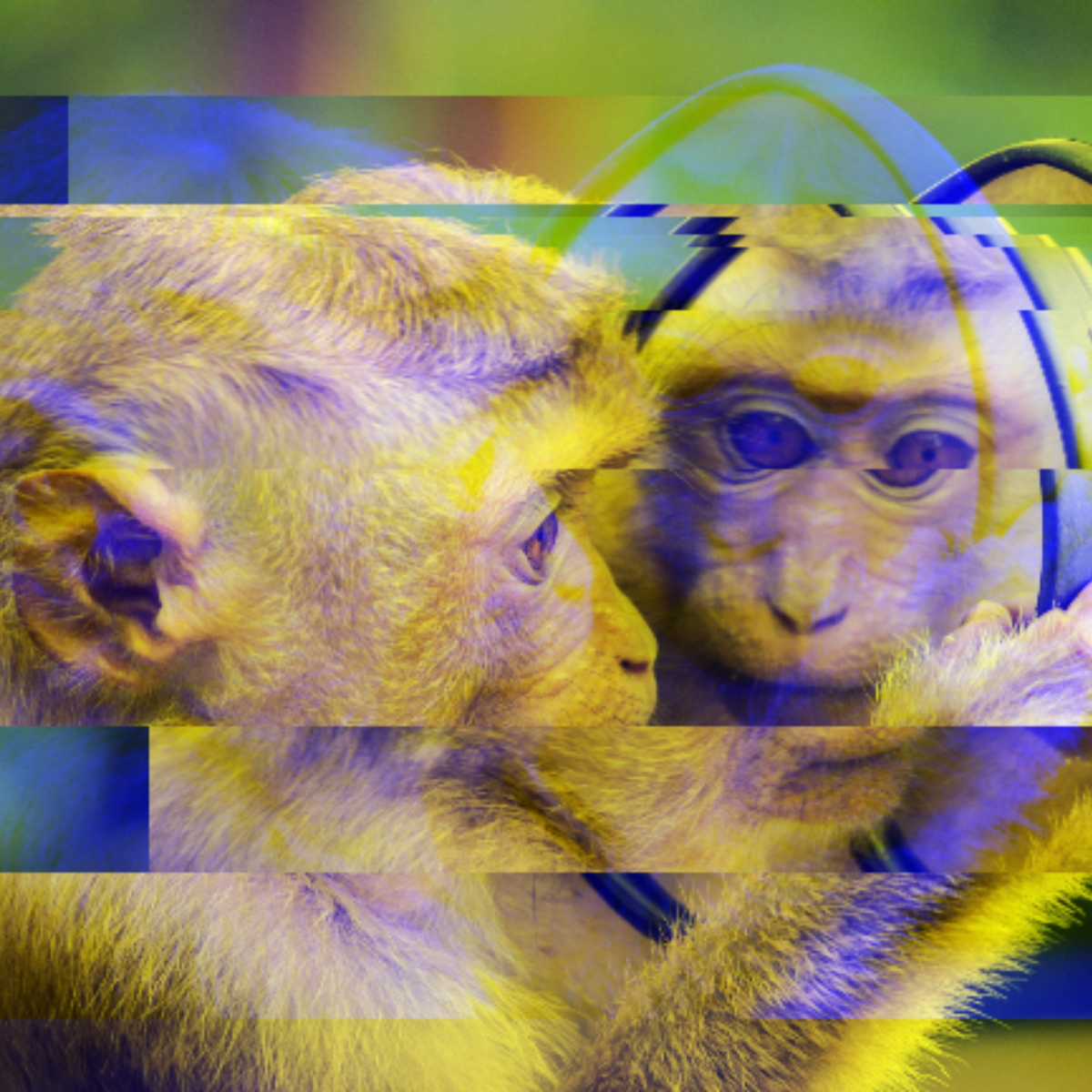- Studio Dirt
- Posts
- Black Dog
Black Dog
“The bond felt so strong I just didn’t want to let go.”

Jenna Mahale interviews Eddie Peng about his role in Guan Hu’s new film—and the canine friend he made in the process.
When I meet Eddie Peng in Cannes at the end of May, it’s because his pet Xiao Xin (meaning “little Cinderella”) is already the subject of awards buzz. We’re both in attendance at the Palm Dog, the canine equivalent of the festival’s coveted Palme d’Or. It’s an informal accolade that seems to gain more of a strange prestige with each year of ceremony, as it has been doing alongside the more official festival prizes on the Croisette since 2001.
At first, I don’t notice Peng. Of course, I am mostly looking at his three-year-old whippet cross. I thought Xin’s performance—as the titular pup in Guan Hu’s Black Dog—was a standout among the esoteric Un Certain Regard selection, and felt sure she would easily clinch the top dog honour. I was wrong; this ends up going to a Griffon mix named Kodi—but she is given the runner-up, Grand Jury Prize in recognition of her efforts.
Xin is here in the flesh, which comes as something of a surprise. Many Cannes show dogs (including Messi, the Border Collie breakout from Anatomy of a Fall) elect to have a stand-in accept their award: a pillar-box red bandana collar emblazoned with PALM DOG 2024 in gold. I crouch down and offer Xin my hand. She sniffs moonily, hazel brown irises catching the light, bemused but very dignified as a small crowd of DSLR cameras begin to click in her direction.
Standing beside her is Peng, almost unrecognisable in a light tan and navy blue polo shirt buttoned to the neck, his thick black hair combed back. The actor—who adopted Xin just before Black Dog wrapped—looks a far cry from Lang Younghui, the rugged ex-con and former stunt motorcyclist he plays with a buzzed head and a dirt-smeared face, eyes averted to the floor. Lang doesn’t say much, but the film is nominally about the unspoken communication between humans and animals: ineffable conversations and quiet moments of connection.
“I think everyone who was part of the movie knew we were signing up for something experimental,” Peng tells me over the phone, three months later. “Something that had more in common with the silent film era.” In the world of Black Dog, the year is 2008, the Olympics are set for Beijing, and all of China is being made to shape up. Lang’s hometown is just one place where a reward is being offered for the apprehension of stray dogs roaming the desert plains.
In a recent interview, Guan Hu explains that these ghost towns were once very prosperous places in the 1960s. “But now they have no resources, almost all of the people have left, and the only thing that remains are the buildings—but the buildings have their own history, and their own story to tell,” says Peng. We discussed embracing the past, getting professionally bitten, and, of course, the contagious joy of canines. —Jenna Mahale
Article continues below

SPONSORED BY SIMON & SCHUSTER
From Rachel Kushner, a Booker Prize finalist, two-time National Book Award finalist, and “one of the most gifted authors of her generation” (The New York Times Book Review), comes a new novel about a seductive and cunning American woman who infiltrates an anarchist collective in France—a propulsive page-turner of glittering insights and dark humor.
Creation Lake is a novel about a secret agent, a thirty-four-year-old American woman of ruthless tactics, bold opinions, and clean beauty, who is sent to do dirty work in France.
Written in short, vaulting sections, Rachel Kushner’s rendition of “noir” is taut and dazzling. Creation Lake is Kushner’s finest achievement yet as a novelist, a work of high art, high comedy, and unforgettable pleasure.

Jenna Mahale: I heard that you have a nickname for Mr. Guan Hu—you call him Tiger. Is that anything to do with his personality or way of working?
Eddie Peng: Like a mean old tiger? No, no! I mean, he’s meticulous about details and sets a really high bar for actors, but he’s a really nice, down-to-earth guy. Guan is his last name. And “hu” is actually “tiger” in Chinese characters, so that’s why everybody calls him Tiger Bro—I think it’s also his Chinese Zodiac sign too. It sounds cheesy, I know!
JM: The subjects that Black Dog touches on feel incredibly layered to me. I know that Guan Hu wanted to focus on the 2008 Olympics because they represent a period of rapid social and economic growth, and look at how smaller, more remote towns might be impacted. I’m curious about how you view these themes as they relate to your character.
EP: It’s so rich, right? In terms of meaning and emotional depth. The Gansu province was a former oil draining hub around the time of the 2008 Beijing Olympics. We’re living in a world of cyclical rapid change that comes around approximately every five years and leaves so many [workers] behind.
We’re living in a world of cyclical rapid change that comes around approximately every five years and leaves so many [workers] behind.
I think, for movies in general, motivation is always very clear. Villain or good guy, it’s easier to get that. But then in this particular story, there’s this past mistake. Once you let go of it, you can move forward. It’s not about the enemy or the environment or even the situation. It’s Lang who can’t embrace his past mistakes, and that’s why he’s stuck in that hometown of his; why he needs someone—the Black Dog—to act as a kind of mirror for him.
JM: What were your days like shooting in the Gobi desert?
EP: The desert, oh man. It's beautiful, it's poetic, it's meaningful. But that area is so desolate, there’s no cell reception at all. It felt like we were shooting 10, 15 years ago. It’s as harsh as it looks. My scalp was getting burned from the sun, but being in that environment with the animals was fascinating. We had 40 trainers on set and 300, 400 dogs from all over China. But I was just there to be part of nature.
Day-to-day, it’s waking up at six, five, four in the morning; it’s a two hour drive to get to set and work with the dog. If the dog doesn’t cooperate, fine, you shoot something else.

DIRT ON ANIMALIA
|
|
|
|
|
|
|
|

🌱 JOIN THE DIRTYVERSE
Join our Discord and talk Dirt-y with us. It’s free to join! Paid subscribers have access to all channels.
Follow @dirtyverse on Twitter for the latest news and Spotify for monthly curated playlists.
Shop for some in-demand Dirt merch. 🍄

